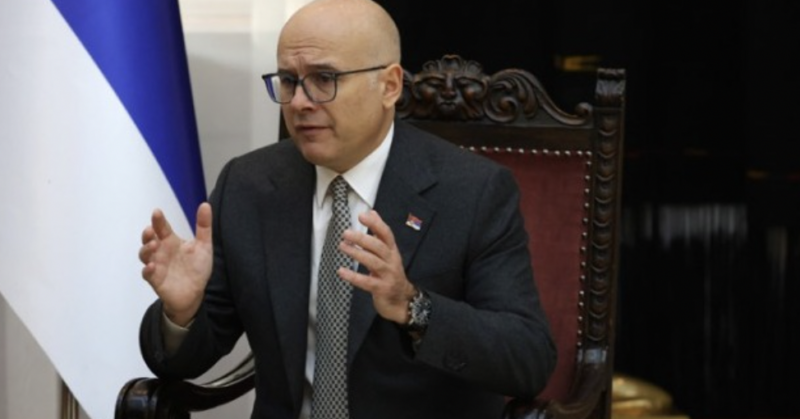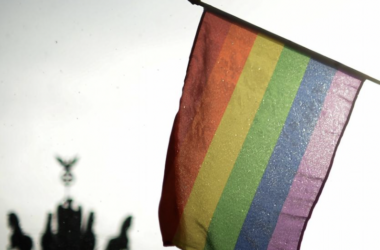Prime Minister Miloš Vučević resigned on Tuesday, saying his departure would “reduce tensions” and meet the demands of the most vocal protesters. Vučić also conceded to other key demands, including a full release of documents related to the November collapse of a Novi Sad railway station canopy that killed 15 people, prosecution of those responsible, the release of detained protesters, and a 20% increase in public funding for higher education. “It’s crucial for Serbia that we start talking,” Vučić stated, urging dialogue between the government and protest leaders.
Despite these concessions, Vučić rejected calls from opposition groups for his resignation and the establishment of a transitional government led by non-partisan experts. He argued power must be decided through elections, noting his Serbian Progressive Party (SNS) remains the country’s most popular political force, polling at 48%.
The protests initially began as student-led demonstrations after allegations of corruption surfaced following the November tragedy. Public anger intensified when charges against former construction minister Goran Vesić were dropped shortly after his arrest, only for him and others to be re-indicted in December. The unrest has since grown into a nationwide anti-government movement.
Vučić has attributed the continued upheaval to alleged foreign interference, suggesting international NGOs and activists are attempting to destabilize Serbia due to its refusal to impose sanctions on Russia and its partnership with China. Serbian authorities recently expelled 13 foreign nationals from nine countries, accusing them of fueling unrest.
As tensions simmer, Vučić has pledged transparency, releasing all documents tied to the accident investigation. However, he warned that if protests persist, it may confirm suspicions of a foreign-backed effort to incite a “color revolution.”




